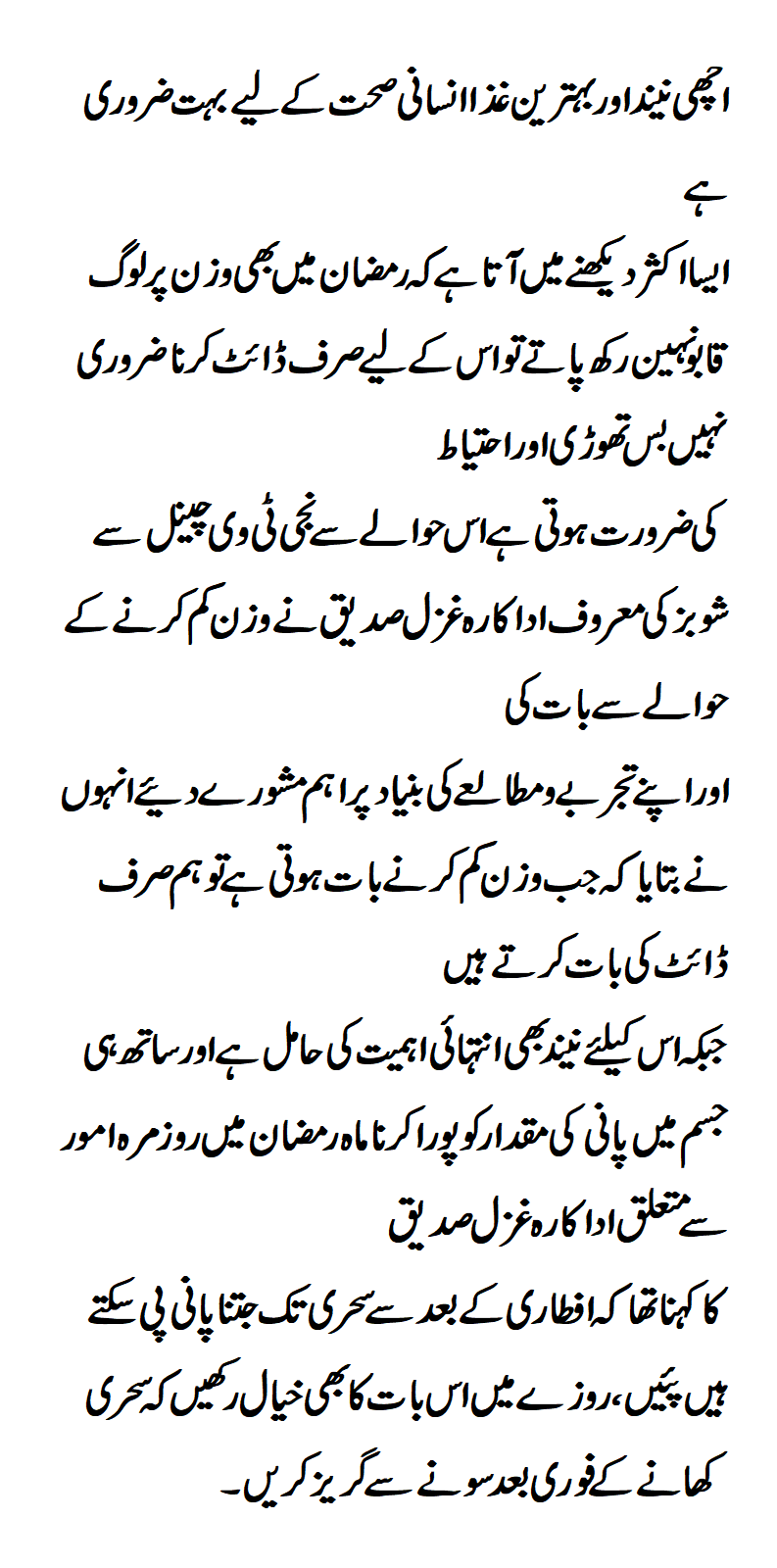Fasting creates a greater risk of developing dehydration if the holy month of Ramadan occurs in high summer temperatures, which may lead to fatigue and nausea.
Children, the elderly, patients with diabetes, kidney or other chronic diseases, as well as individuals who perform physical activity under the sun, are at a higher risk of dehydration.
Other dehydration risk factors are diseases accompanied by diarrhea, vomiting, high fever or increase in urine flow.
Severe dehydration starts with symptoms such as an extreme dry mouth, dry and wrinkled skin, feeling sluggish, lack of concentration, general fatigue, oversleeping, difficulty urinating, constipation, and cardiac arrhythmia.
Individuals who experience any of these symptoms or are suspected of having dehydration are urged to consult their physician immediately.
The following tips and advice can help avoid dehydration during the month of Ramadan:
